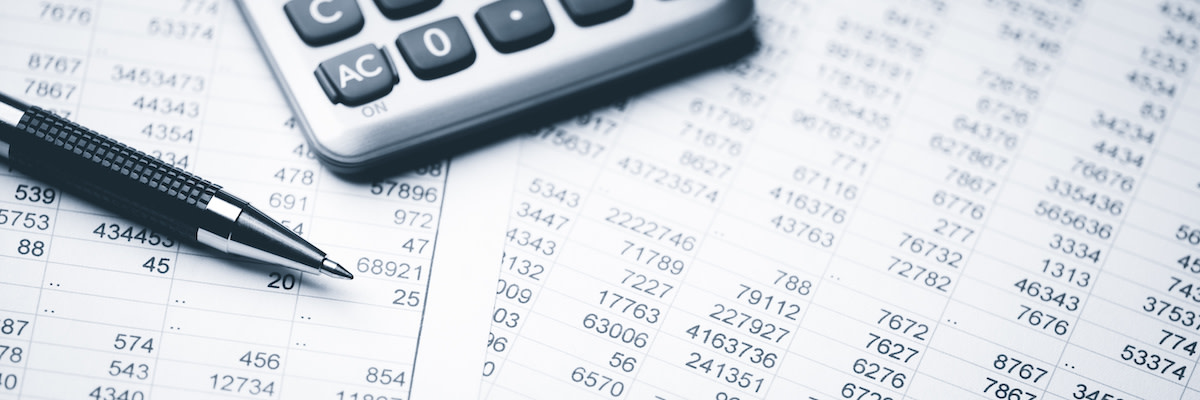What Is Keynesian Economics? Definition, History, and Real-World Examples of Keynesian Economics
Written by MasterClass
Last updated: Oct 12, 2022 • 5 min read
British economist John Maynard Keynes is the father of modern macroeconomics, developing his own school of economic thought. Keynes’s early-1900s economic theories had a huge impact on economic theory and the economic policies of global governments.
What Is Keynesian Economics?
Keynesian economics argues that the driving force of an economy is aggregate demand—the total spending for goods and services by the private sector and government. In the Keynesian economic model, total spending determines all economic outcomes, from production to employment rate. In Keynesian economics, demand is crucial—and often erratic. Keynes explained that the prosperity of whole economies could decline even if their capacity to produce was undiminished, because decline is influenced by demand.
